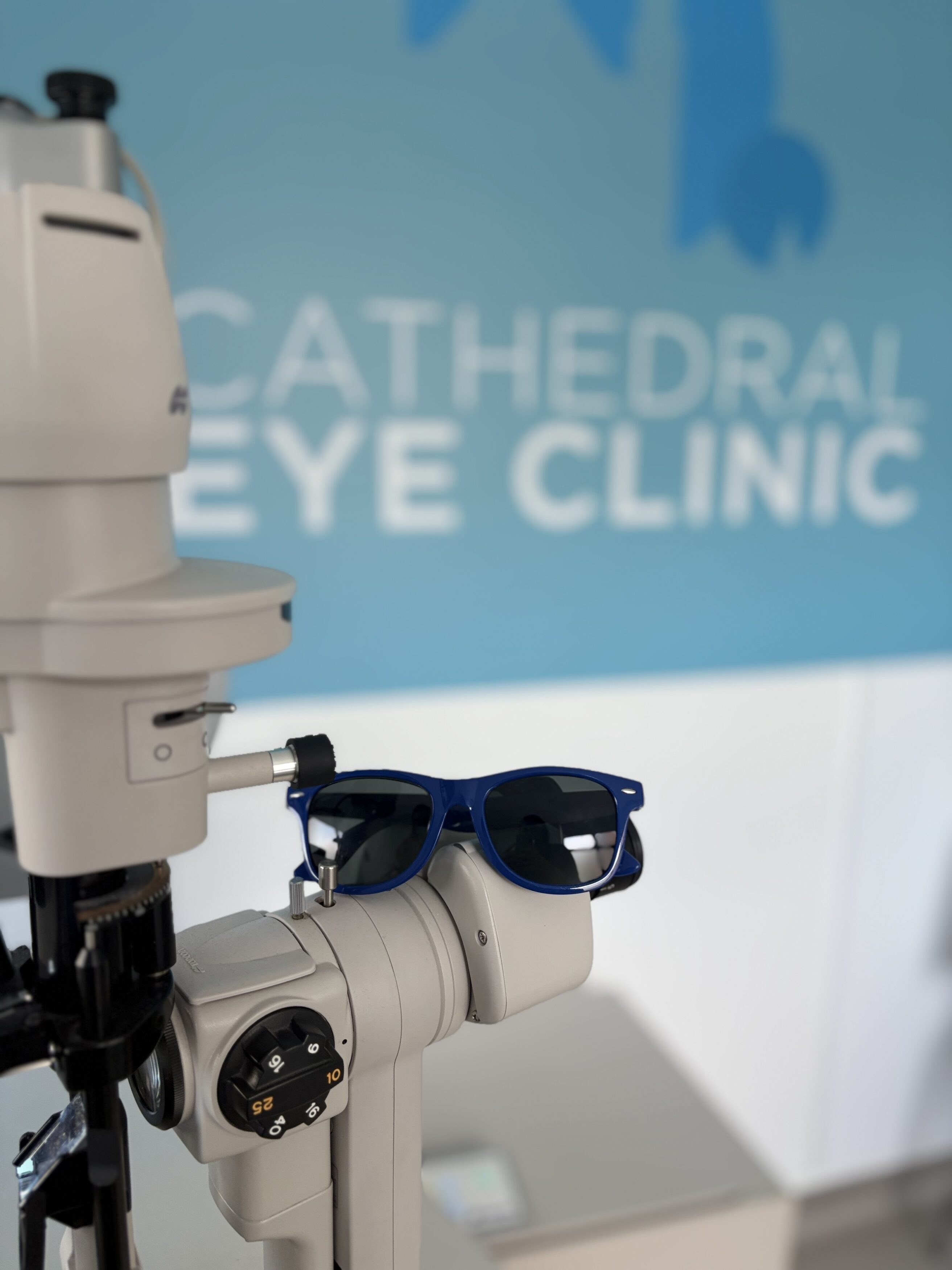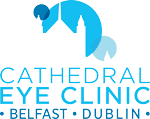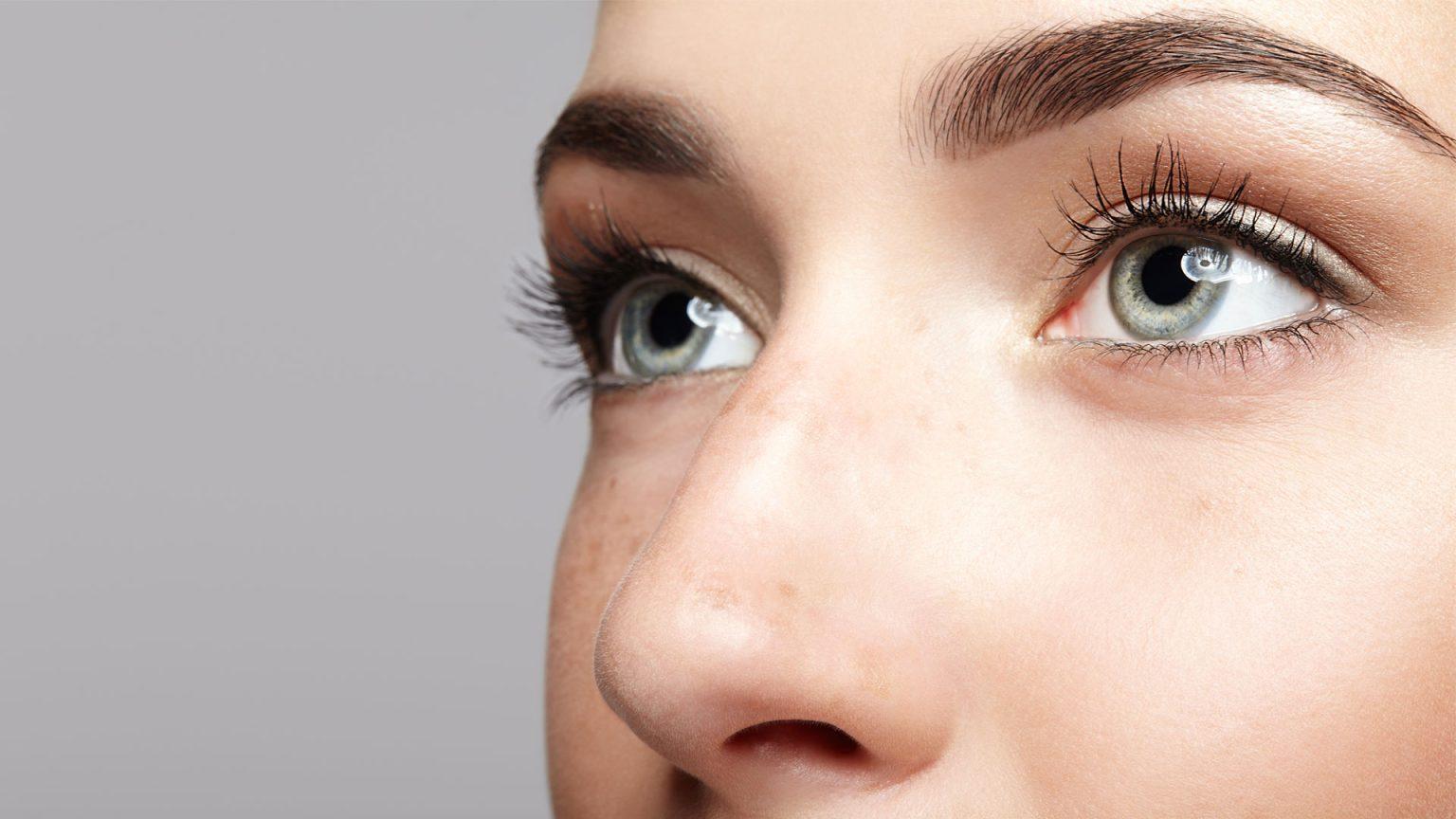July marks UV Awareness Month, a crucial time to spotlight the often-overlooked dangers that ultraviolet radiation poses to our eyes. While most people diligently apply sunscreen to protect their skin, many forget that our eyes are equally vulnerable to UV damage. This comprehensive guide will help you understand the risks and take proactive steps to safeguard your vision.
Understanding UV Radiation and Your Eyes
Ultraviolet radiation consists of three types of rays: UVA, UVB, and UVC. While the Earth’s atmosphere blocks most UVC rays, both UVA and UVB radiation can reach your eyes and cause significant damage.
UVA rays penetrate deep into the eye and can contribute to macular degeneration and cataracts. These rays are present year-round and can pass through clouds and glass.
UVB rays are more intense and primarily affect the front surface of the eye. They’re strongest during midday hours and can cause painful conditions like photokeratitis, often called “sunburn of the eye.”
The Hidden Dangers of UV Exposure to Eyes
Immediate Effects
UV exposure can cause acute symptoms that appear within hours of exposure. Photokeratitis creates a gritty, painful sensation similar to having sand in your eyes. Symptoms include redness, excessive tearing, and temporary vision problems. While these effects typically resolve within 24-48 hours, they signal that damage has occurred.
Long-term Consequences
Chronic UV exposure leads to cumulative damage that may not become apparent until years later. The most concerning long-term effects include:
Cataracts develop when UV radiation causes proteins in the eye’s lens to clump together, creating cloudy areas that impair vision. Research shows that people with high UV exposure are significantly more likely to develop cataracts at a younger age.
Macular degeneration occurs when UV damage accumulates in the retina’s central region. This condition can lead to severe vision loss and is one of the leading causes of blindness in older adults.
Pterygium is a growth of tissue on the white part of the eye that can extend onto the cornea. While usually benign, it can affect vision and require surgical removal.

Essential Eye Protection Strategies
Choose the Right Sunglasses
Not all sunglasses provide adequate protection. Look for eyewear that blocks 99-100% of both UVA and UVB rays. The label should specifically mention UV400 protection or 100% UV protection.
Lens colour matters less than UV protection, but certain tints can enhance comfort and visual clarity. Grey lenses provide true colour perception, while brown and amber lenses can improve contrast.
Wraparound styles offer superior protection by preventing UV rays from entering around the edges of your glasses. This design is particularly important for outdoor activities.
Don’t Forget About Reflected UV
UV rays can bounce off various surfaces, creating additional exposure:
- Snow reflects up to 80% of UV rays
- Water reflects 10-20% of UV rays
- Sand reflects about 15% of UV rays
- Concrete reflects 8-12% of UV rays
Nutrition for Eye Health During UV Awareness Month
Proper nutrition plays a vital role in protecting your eyes from UV damage. Specific nutrients can help strengthen your eye’s natural defences and reduce the risk of UV-related conditions.
Omega-3 fatty acids are particularly important for eye health. These essential fats help maintain the integrity of cell membranes in the retina and may reduce inflammation caused by UV exposure. Studies have shown that omega-3 supplementation can support overall eye health and potentially slow the progression of age-related eye conditions.
Antioxidants including vitamins C and E, zinc, and lutein help neutralise free radicals created by UV exposure. These nutrients work together to protect delicate eye tissues from oxidative stress.
Creating UV-Safe Habits
Steps you can take to protect your eyes could include checking the UV index and selecting appropriate eyewear. Keep multiple pairs of sunglasses in convenient locations like your car, office, and home.
Timing matters when planning outdoor activities. UV rays are strongest between 10 AM and 4 PM, so schedule outdoor activities during early morning or late afternoon when possible.
Professional Eye Care and UV Awareness
Regular eye examinations are crucial for detecting UV-related damage early. Eye care professionals can identify signs of UV damage before symptoms appear and recommend appropriate protective measures.
Making UV Awareness Month Count
Use this awareness month as an opportunity to evaluate and improve your eye protection habits. Consider these action steps:
Assess your current eyewear and replace sunglasses that don’t provide adequate UV protection.
Educate family members about the importance of UV protection for eye health.
Schedule an eye exam if you haven’t had one recently or if you have concerns about your vision.
Review your daily routine to identify times when your eyes might be exposed to UV radiation without protection.
A year-round responsibility
UV Awareness Month serves as an important reminder that protecting your eyes from ultraviolet radiation is a year-round responsibility. The cumulative effects of UV exposure can lead to serious eye conditions, but simple protective measures can significantly reduce your risk.
By choosing appropriate eyewear, maintaining good nutrition, and developing UV-safe habits, you can preserve your vision for years to come. Remember that UV protection is an investment in your long-term eye health, and the habits you establish today will benefit you throughout your lifetime.
Take action this UV Awareness Month by evaluating your current protection strategies and making necessary improvements. Your eyes will thank you for the extra care and attention you provide during this important awareness campaign.
Ready to take the next step in protecting your eye health? At Cathedral Eye Clinic, our experienced eye care professionals can provide comprehensive examinations and personalised advice on UV protection strategies. Schedule your appointment today to discuss your specific needs and learn more about maintaining optimal vision health throughout UV Awareness Month and beyond.
Ready to take the next step in protecting your eye health? At Cathedral Eye Clinic, our experienced eye care professionals can provide comprehensive examinations and personalised advice on UV protection strategies. Schedule your appointment today to discuss your specific needs and learn more about maintaining optimal vision health throughout UV Awareness Month and beyond.







